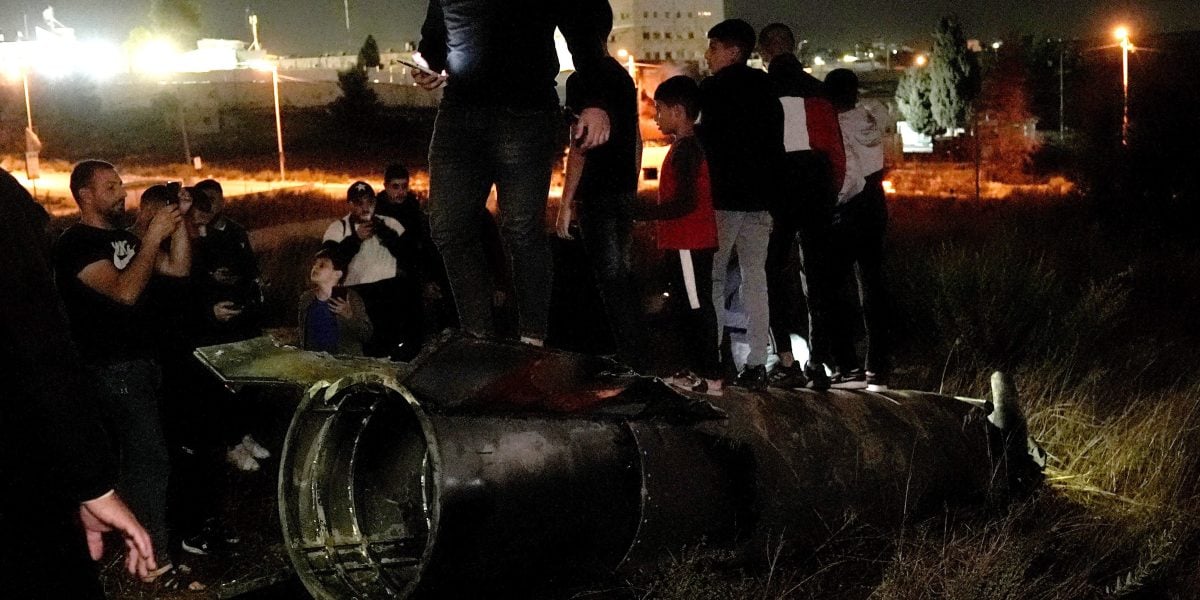After nearly a year of unrelenting attacks in Gaza, Israel further escalated and expanded its war by invading Lebanon late Monday. Iran responded the following evening by launching ballistic missiles into Tel Aviv, stoking fears that the region is on the precipice of an even broader war.
The Israeli military has tried repeatedly to minimize the perceived scope of its attacks, describing its ongoing invasion of Lebanon as “limited, localized, and targeted ground raids” against Hezbollah. Such semantics are also in play in the U.S., where President Joe Biden publicly called for a ceasefire, while reporting suggests the White House privately condoned Israel’s expansion of its war into Lebanon.
For the past two weeks, Israel’s bombing campaign across Lebanon, including strikes into the densely populated capital Beirut, has killed more than 1,000 people, including at least 243 children and women, the country’s health minister said. One million people in Lebanon — nearly a fifth of the country — have been displaced from their homes. Over the weekend, Israel bombed Lebanon, Gaza, the West Bank, Yemen, and Syria within a 24-hour span, damaging civilian infrastructure and killing dozens. In Lebanon on Sunday alone, Israeli strikes killed at least 105 people, a single-day death toll from Israeli strikes previously seen only in Gaza.
While the IDF has said it doesn’t seek any long-term occupation of Lebanon, El-Sadany pointed to the war in Gaza where Israel continually moved its goal posts.



The Intercept - News Source Context (Click to view Full Report)
Information for The Intercept:
Search topics on Ground.News
https://theintercept.com/2024/10/01/israel-invasion-lebanon-iran/
Media Bias Fact Check | bot support